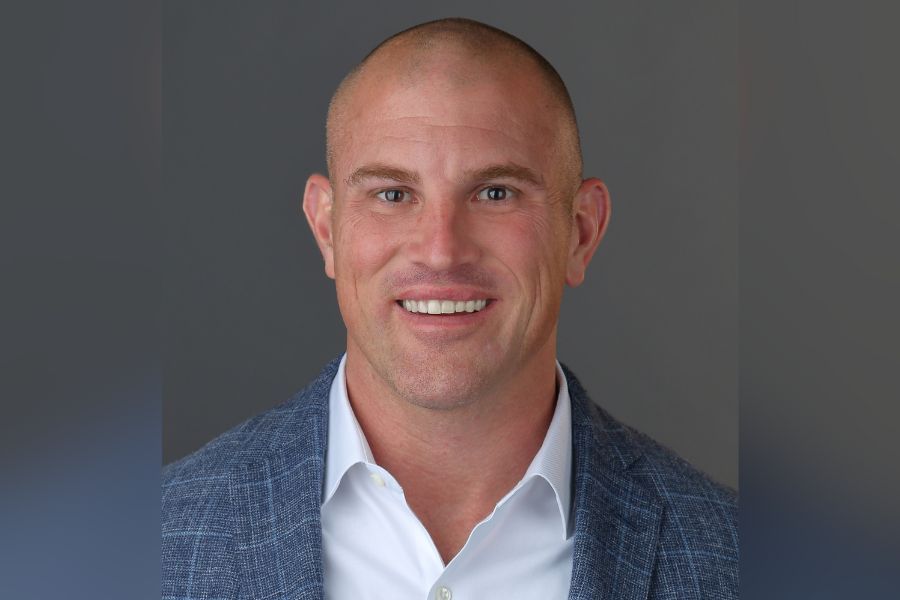Pay-to-play rule hampers efforts of adviser organization PACs
When Daniel B. Barry ran in a congressional primary this year, the National Association of Insurance and Financial…
When Daniel B. Barry ran in a congressional primary this year, the National Association of Insurance and Financial Advisors couldn't contribute to his campaign. NAIFA's political action committee had to stay out of the race because Mr. Barry, a member of the organization, also is on the town council of Weddington, N.C.
A Securities and Exchange Commission rule in effect for the first time during this election cycle hits advisory firms with harsh sanctions for making political donations to state or local officials who can influence decisions about hiring advisers to manage public investment accounts.
A violation of the so-called pay-to-play rule could result in an advisory firm's being barred from doing government work for pay for two years.
An advisory firm employee covered by the rule can donate only minimal amounts: $350 to candidates for whom they can vote and $150 to others.
As election season hits the homestretch, the restriction is changing how adviser advocacy organizations raise and donate money.
The regulation undermines the ability of investment advisers to participate in the political process, said Mr. Barry, who came in fifth in the Republican primary in North Carolina's 9th Congressional District.
“It overreached,” Mr. Barry, a regional vice president with Principal Financial Group Inc., said of the pay-to-play rule.
“It limits free speech,” he said. “It would have been easier to raise money [without the restrictions], and we would have mounted a more formidable campaign against a self-financer.”
Since the rule was implemented in March 2011, NAIFA has experienced a drop in contributions to its state-level PACs — the most likely to contribute to local races.
DIFFERENT SPLIT
Previously, NAIFA's federal PAC kept 53% of donations and shared 47% with state PACs. The split is now 62% and 38%.
About a quarter of NAIFA's 45,000 members contribute to the federal PAC, which totals about $1.2 million; 5% to 8% of those donors can't share their contributions with the state organizations.
The pay-to-play rule stops NAIFA from participating in congressional contests featuring a local government official, such as Mr. Barry, and makes it harder to exert influence on state issues, such as insurance regulation.
“There have been a number of races we have not been able to get involved in,” said Magenta Ishak, NAIFA's assistant vice president for political affairs. “The federal PAC has had one hand tied behind its back.”
In general, adviser organization PACs target races for the House and Senate, where officials don't have the authority over contracts that could fall under the pay-to-play rule. Nonetheless, the groups have been assuring their members explicitly that donations to the PACs won't cost them government business.
“We explain very clearly we only give to candidates for federal office who are not serving in a position with a state or local government,” said Neil Simon, vice president for government relations at the Investment Adviser Association. “We give to incumbents on key committees who have jurisdiction over investment advisers.”
The Financial Services Institute Inc. established a PAC last year, just as the new rule was put in place.
“FSI PAC was developed with the pay-to-play rules in mind,” said Valerie Brown, chief executive of the Cetera Financial Group Inc. and head of the PAC, noting it was formed to communicate with federal lawmakers and support its agenda.
Ms. Brown tells FSI members that a PAC donation is an “investment.”
Observers agree that the rule serves a good purpose: stopping advisers from gaining an unfair advantage on municipal contracts via political donation. In practice, though, investment firms, concerned about even the hint of noncompliance, are forbidding all employees, not just those who work on contracts, from contributing to PACs.
“Many of them have cast a broad net over all their registered representatives, brokers and advisers rather than looking at each individual,” said Terry Headley, president of Headley Financial Group and a former NAIFA president.
The rule has partially blocked one avenue for NAIFA to exert influence on state issues, such as insurance regulation.
“It's had a dampening effect,” Mr. Headley said.
“MORE ENGAGED’
Meanwhile, at the federal level, advisers' participation in their lobbying organizations' PACs is increasing because of interest in the implementation of the Dodd-Frank financial reform law.
“Giving to our PAC is less related to big national issues — like the presidential election — than to issues that have a direct effect on the adviser community, such as the SRO legislation,” Mr. Simon said of a House bill that would authorize one or more self-regulatory organizations to oversee advisers. “In general, our members are more engaged than they have ever been.”
Under federal election law, an individual can donate up to $5,000 per year to a PAC and $2,500 per election — both primary and general — to a candidate. Adviser organization PACs aren't so-called super PACs that, after a Supreme Court ruling last year, can raise unlimited amounts.
If Mr. Barry had been successful in his campaign, it “would have put in Congress someone who has a clear understanding of the regulatory environment those of us in the financial services business operate in,” he said.
Instead, he will continue to serve on the Weddington Town Council.
[email protected] Twitter: @markschoeff
Learn more about reprints and licensing for this article.








